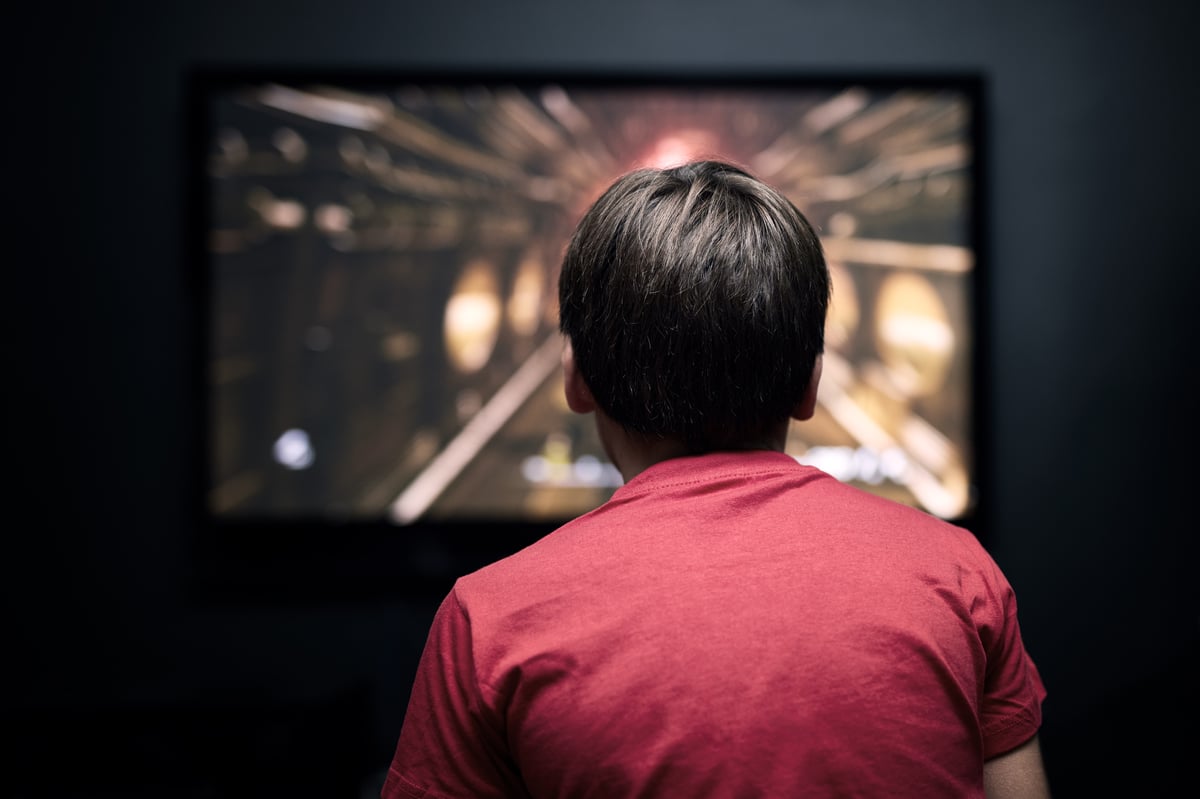
Parents frustrated with kids who are seemingly glued to their phones, take heart: New research finds you can tear them away from their devices.
Two approaches seem to work best: Limiting screens during meals or bedtime, and modeling good screen behaviors yourself, according to a team from the University of California, San Francisco (UCSF).
“These results are heartening because they give parents some concrete strategies they can use with their tweens and young teens: set screen time limits, keep track of your kids’ screen use and avoid screens in bedrooms and at mealtimes,” said study first author Dr. Jason Nagata.
“Also, try to practice what you preach,” added Nagata, a pediatrician at UCSF’s Benioff Children’s Hospitals.
His team published its findings June 5 in the journal Pediatric Research.
The study focused on tweens — kids ages 12 and 13.
“We wanted to look at young adolescents in particular, because they are at a stage when mobile phone and social media use often ramps up and sets the course for future habits,” Nagata explained in a UCSF news release.
They turned to a cohort of over 10,000 people taking part in the Adolescent Brain Cognitive Development (ABCD) study. Parents in the study were asked to agree or disagree with statements like “My child falls asleep using a screen-based device.”
Answers to questions like that were key, the researchers found, because if parents agreed that their child often dozed off with a phone or other screen nearby, that child’s daily screen use went up an average 1.6 hours.
And if parents said their child often scrolled through phones at family mealtimes, the child’s daily screen use also rose by an average of nearly 1.3 hours, the study also found.
On the other hand, setting rules that banned phone use at the dinner table and/or bedroom cut a tween’s daily use by an average 1.29 hours, Nagata’s group reported.
Even “monitoring” a child’s use of his or her phone at meals or before bed had an impact, lowering daily screen use by 0.83 hours, on average.
What Mom and Dad did with their devices also mattered.
What the researchers called “poor modeling” by parents added 0.66 hours a day to an adolescents’ screen time, compared to the kids of parents who were more selective about when they used phones or other screens.
One tactic that did not work: Doling out extra screen time to kids as a “reward” for good behavior, or restricting it as a punishment.
Tweens of parents who engaged in those types of tactics actually spent an average of 0.36 hours more per day watching screens, the study found.
Of all the steps parents can take to lower kids’ media use, banning screens in the bedroom might be most important, Nagata said.
“Screen time at bedtime displaces sleep time, which is essential for health and development in young adolescents,” he explained. “Parents can consider keeping screens outside their children’s bedroom and turning off devices and notifications overnight.”
More information
For the latest recommendation on kids’ media use, head to the American Academy of Pediatrics.
SOURCE: University of California, San Francisco, news release, June 5, 2024
Source: HealthDay
Copyright © 2026 HealthDay. All rights reserved.

Leave a Reply